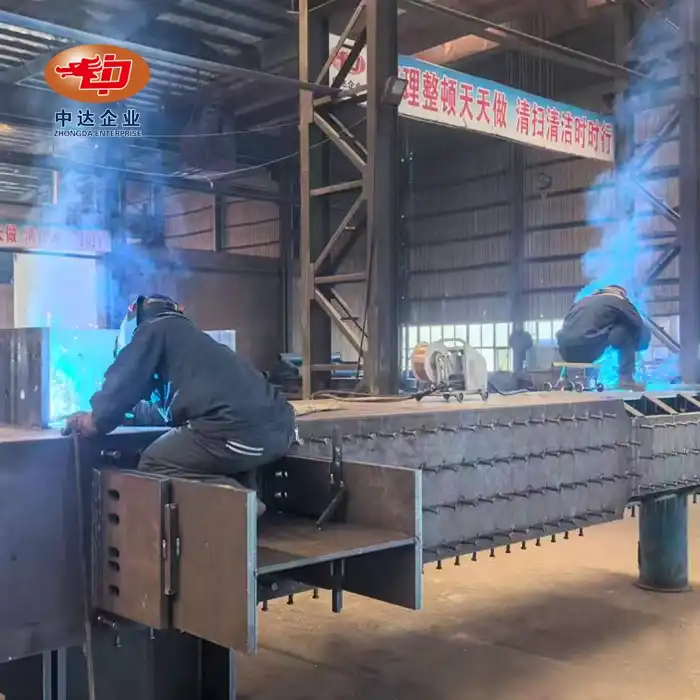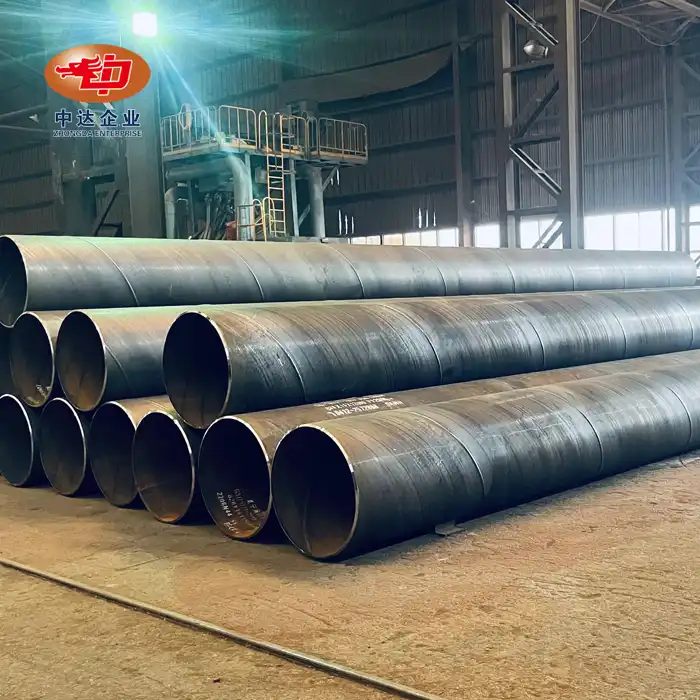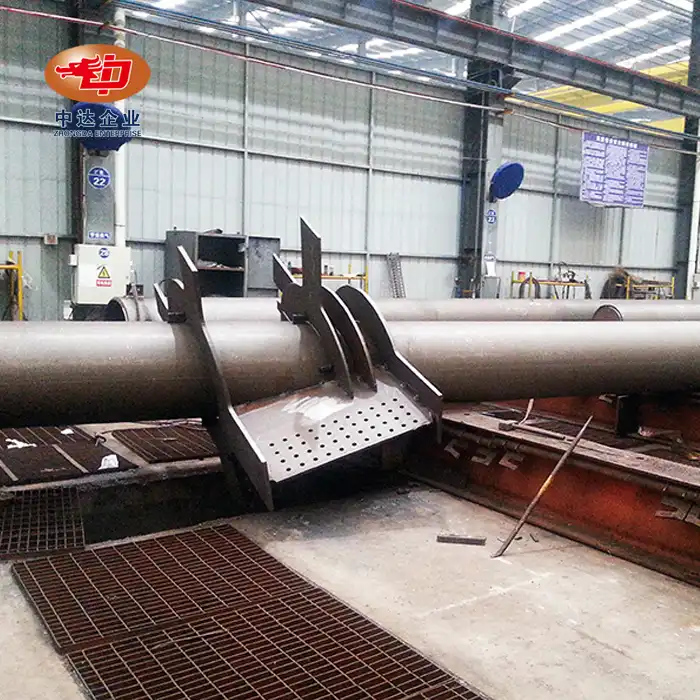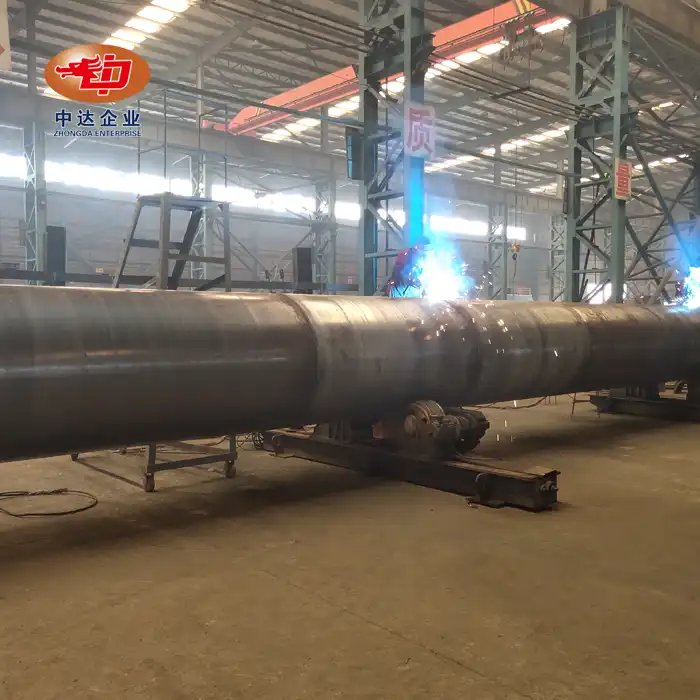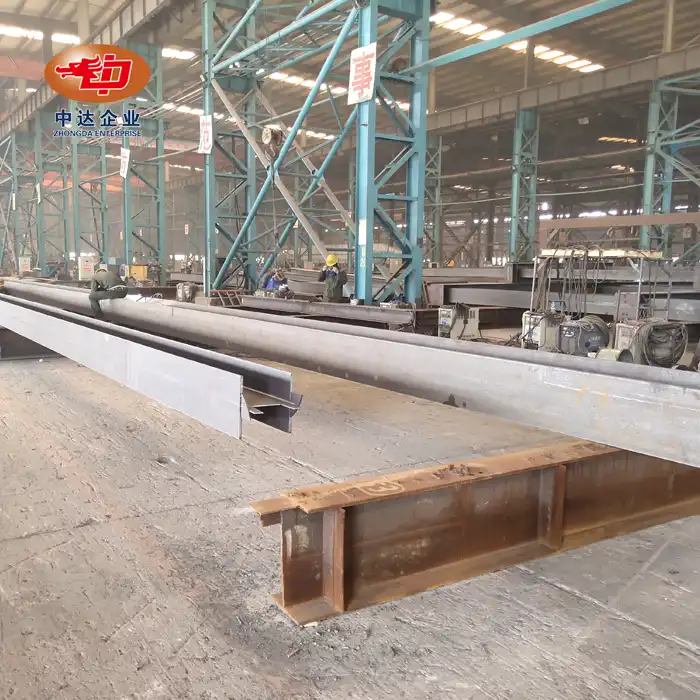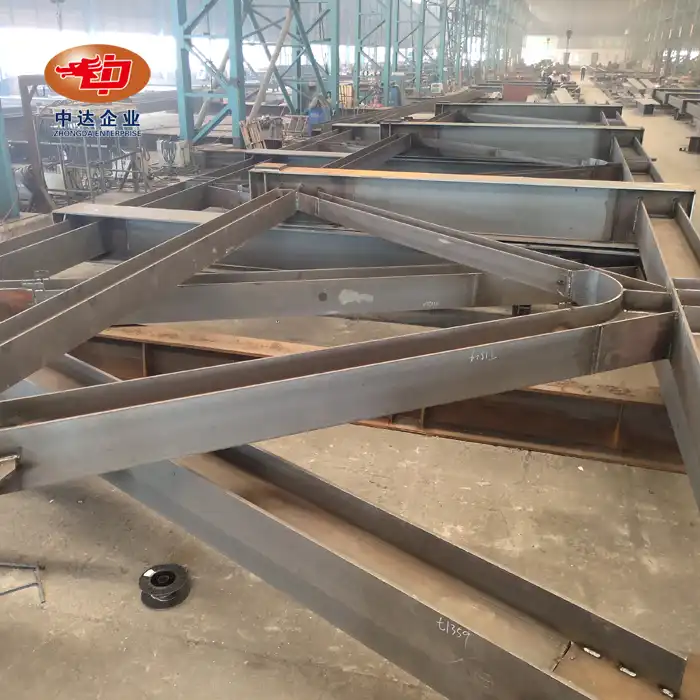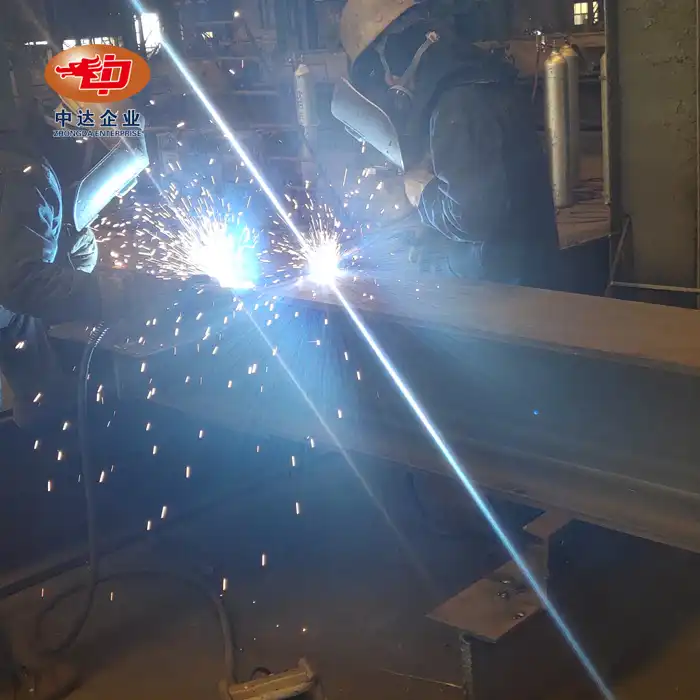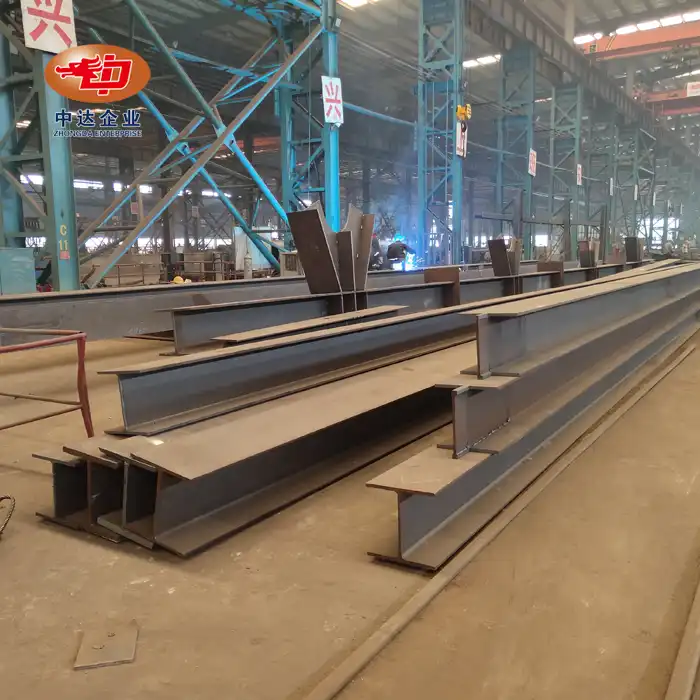Structural Design and Engineering Principles
Load-Bearing Capacity and Stability
The core of any exhibition hall steel structure lies in its ability to endure various loads safely and efficiently. Engineers must carefully assess dead loads, live loads, and environmental forces such as wind, snow, and seismic activity. Using advanced computer modeling, they optimize the design to ensure that beams, columns, and trusses distribute these forces harmoniously. Zhongda Steel’s -60°C Weathering Steel Anti-corrosion Technology enhances durability, even in harsh climates, improving structural integrity while reducing maintenance costs over time.
Spatial Flexibility and Clear Spans
Exhibition halls require expansive, unobstructed interiors to support diverse event setups. Utilizing long-span steel trusses and girders enables large column-free areas that maximize space flexibility for exhibitors and event organizers. These clear spans not only enhance the aesthetic quality but also improve sightlines and facilitate efficient crowd movement. This design approach ensures the venue can accommodate a wide variety of activities without structural limitations, providing an optimal experience for all users.
Fire Safety and Building Codes
Fire safety is a critical consideration in designing steel structures, requiring strict compliance with local and international building codes. This includes applying fire-resistant coatings to steel elements, ensuring sufficient evacuation routes, and installing effective fire suppression systems. Steel’s inherent resistance to fire, when combined with proper treatments, significantly contributes to the safety and resilience of exhibition halls. Such measures protect both occupants and assets while meeting regulatory requirements.
Architectural Aesthetics and Functionality
Façade Design and Natural Light Integration
The exterior of an exhibition hall often serves as its calling card, making façade design a critical consideration. Modern steel structures allow for innovative cladding systems that can incorporate glass, metal panels, and other materials to create visually striking exteriors. Large expanses of glass can be used to maximize natural light, reducing energy consumption and creating a more pleasant interior environment.

Interior Layout and Circulation
Efficient interior layouts are essential for successful exhibition halls. The steel structure should support a logical flow of visitors, with clear pathways and strategically placed amenities. Designers must consider the placement of entrances, exits, restrooms, and service areas to ensure smooth operations during events of various scales.
Acoustics and Sound Control
Steel structures can present challenges in terms of acoustics due to their reflective surfaces. Careful consideration must be given to incorporating sound-absorbing materials and designing the space to minimize echo and reverberation. This is particularly important for exhibition halls that may host presentations, performances, or multimedia displays.
Sustainability and Technological Integration
Energy Efficiency and Green Building Practices
Modern exhibition halls prioritize sustainability, and steel structures align well with these goals. Steel is highly recyclable and enables off-site fabrication, which minimizes construction waste. Incorporating energy-efficient heating, cooling, and lighting systems further reduces environmental impact and operational costs. Zhongda Steel’s commitment to sustainability is reinforced by our ISO 14001 certification, which highlights our dedication to responsible environmental management, ensuring our steel structures are both durable and eco-friendly.
Smart Building Technologies
Integrating smart technologies enhances the performance of steel-structured exhibition halls. Features like advanced climate control, automated lighting systems, and digital wayfinding improve visitor comfort and operational efficiency. Planning these technologies early in the design phase allows for seamless incorporation, resulting in more user-friendly venues. Zhongda Steel supports this integration through innovative engineering, helping exhibition halls achieve superior functionality and deliver better experiences for both visitors and event organizers.
Adaptability for Future Needs
Future-proofing exhibition halls is essential for long-term usability. Steel structures offer excellent flexibility, enabling easy modifications or expansions as demands evolve. Thoughtful design anticipates potential changes, incorporating features that simplify future upgrades or space reconfigurations. Zhongda Steel’s expertise in BIM-driven prefabrication facilitates modular construction, allowing exhibition halls to adapt efficiently. This approach ensures your venue remains functional, relevant, and ready to meet shifting requirements over its lifespan.

Conclusion
Designing exhibition hall steel structures requires a delicate balance of engineering prowess, architectural vision, and practical considerations. By focusing on structural integrity, spatial flexibility, aesthetic appeal, and sustainability, architects and engineers can create truly remarkable spaces that serve as catalysts for innovation and cultural exchange. As technology continues to advance, the possibilities for creating awe-inspiring exhibition halls will only grow, pushing the boundaries of what's possible in steel structure design.
Contact Us
Ready to bring your exhibition hall vision to life? Trust Zhongda Steel to deliver unparalleled quality, innovation, and expertise. With our state-of-the-art facilities, global certifications, and commitment to excellence, we're your ideal partner for creating iconic steel structures that stand the test of time. Contact us today at Ava@zd-steels.com to discuss your project and discover how we can turn your concepts into reality.











